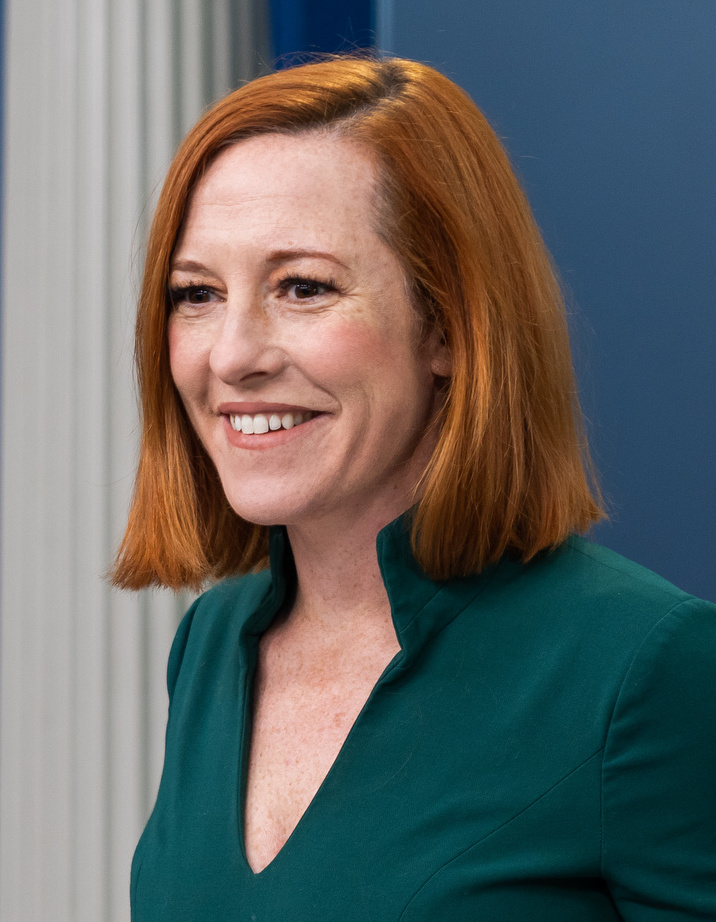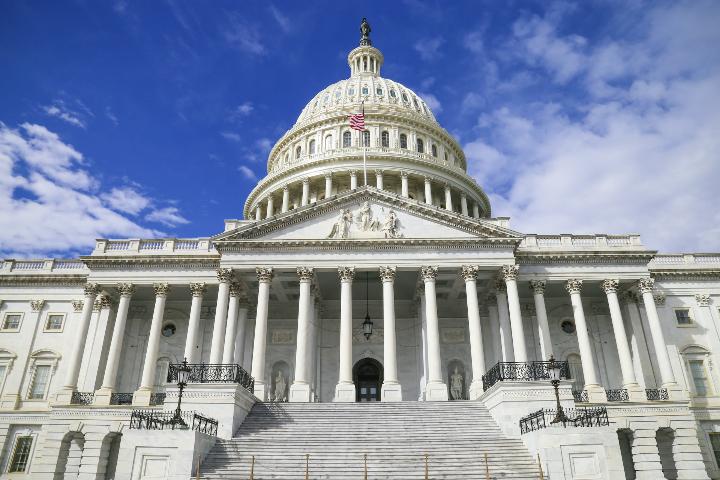As the host of 'The Alex Exum Show', I am consistently exposed to the intersecting worlds of politics, media, and technology. It's a reality of our time that these spheres are increasingly intertwined, influencing and shaping our shared American narrative. A perfect example of this complex convergence is the recent revelation involving former White House press secretary and current MSNBC host, Jen Psaki.
Judge Terry A. Doughty, a federal judge from Louisiana, has named Psaki multiple times in a recent injunction temporarily preventing White House officials from liaising with tech companies over social media censorship. This legal move is in response to lawsuits from Louisiana and Missouri attorneys general, alleging that the White House "coerced or significantly encouraged" tech companies to suppress free speech during the COVID-19 pandemic.

The kernel of this issue is that Psaki was reportedly pushing for social media platforms, including Facebook, to clamp down on COVID-19 misinformation as early as May 5, 2021. During a White House Press Conference, Psaki underscored the threat of "legal consequences" if these platforms failed to aggressively censor such misinformation.
The implications of these developments are far-reaching, bringing to the fore questions around the sanctity of free speech, the influence of technology on information dissemination, and the government's role in shaping public discourse.
As champions of free speech, we must grapple with the paradox that while censorship can mitigate the spread of potentially harmful misinformation, it can also serve as a powerful tool to manipulate public perception and suppress dissenting views. However, the essence of our democracy lies in our right to question, to debate, and to challenge, even in the face of adversity and discord.
Furthermore, the role of tech companies in this saga cannot be ignored. As modern gatekeepers of information, they wield significant power in shaping public discourse. Should they be coerced or encouraged into acting as de facto censors? And if so, where does this leave us in terms of diversity of thought, robust public debate, and ultimately, the strength of our democracy?

The question of censorship in America is a multifaceted and complex one, made even more so by the revelations involving Jen Psaki. As we untangle this issue, we must do so with an unwavering commitment to upholding the foundational principles that make America the beacon of free speech and democratic values it has always been.
This is a discussion we must have openly and honestly, free from the fear of censorship. After all, it is through this lens of freedom that we can best safeguard our democracy and uphold the values we hold dear.
Let's continue this discussion, keeping our minds open and our debates robust. Let's navigate these murky waters together, because the future of our discourse, our democracy, and indeed, our nation, depends on it.

Source:
Ex-Biden aide Jen Psaki hit for coercing tech companies to censor conservatives by federal judge.
Navigating the Murky Waters of Censorship in America: Unveiling the Psaki Revelation